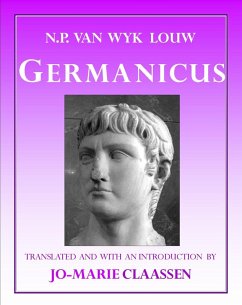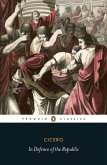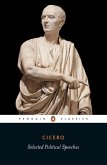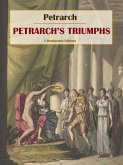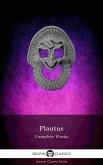This is the first translation into English of the verse drama Germanicus by the Afrikaans poet N.P. Van Wyk Louw. The work was based on the first three chapters of the Annales of the Roman historiographer Tacitus. After the death of Emperor Augustus, his successor Tiberius' adopted son Germanicus recoils from the cruelty inherent in imperial rule. In the end he helplessly acquiesces, finally welcoming his own death as a means of escape from the burden of empire.
The drama has been considered a highlight in Afrikaans literature since its publication in 1956. Its interest lies in its amazing sweep of words, Louw's sense of history and his portrayal of the inevitability of the corruption inherent in power. Louw's great monologues dominate the debates between his main protagonists. His poetic Afrikaans had a grand eloquence that swept his audience along in a torrent of densely-argued meaning. Such conciseness offered severe challenges to the translator. Claassen's colloquial translation manages to capture both the essence of Louw's dramatic dialogues and the rhythmic cadences of the original poetry.
The translator provides a lengthy Introduction, aimed at both a classical and a theatre-going readership, explaining the historical background and discussing Louw's interpretation of Tacitus' narrative and the constraints under which a translator works. A brief overview of the contents of the drama's eight scenes is followed by a select bibliography.
The drama has been considered a highlight in Afrikaans literature since its publication in 1956. Its interest lies in its amazing sweep of words, Louw's sense of history and his portrayal of the inevitability of the corruption inherent in power. Louw's great monologues dominate the debates between his main protagonists. His poetic Afrikaans had a grand eloquence that swept his audience along in a torrent of densely-argued meaning. Such conciseness offered severe challenges to the translator. Claassen's colloquial translation manages to capture both the essence of Louw's dramatic dialogues and the rhythmic cadences of the original poetry.
The translator provides a lengthy Introduction, aimed at both a classical and a theatre-going readership, explaining the historical background and discussing Louw's interpretation of Tacitus' narrative and the constraints under which a translator works. A brief overview of the contents of the drama's eight scenes is followed by a select bibliography.
Dieser Download kann aus rechtlichen Gründen nur mit Rechnungsadresse in A, B, CY, CZ, D, DK, EW, E, FIN, F, GR, H, IRL, I, LT, L, LR, M, NL, PL, P, R, S, SLO, SK ausgeliefert werden.

